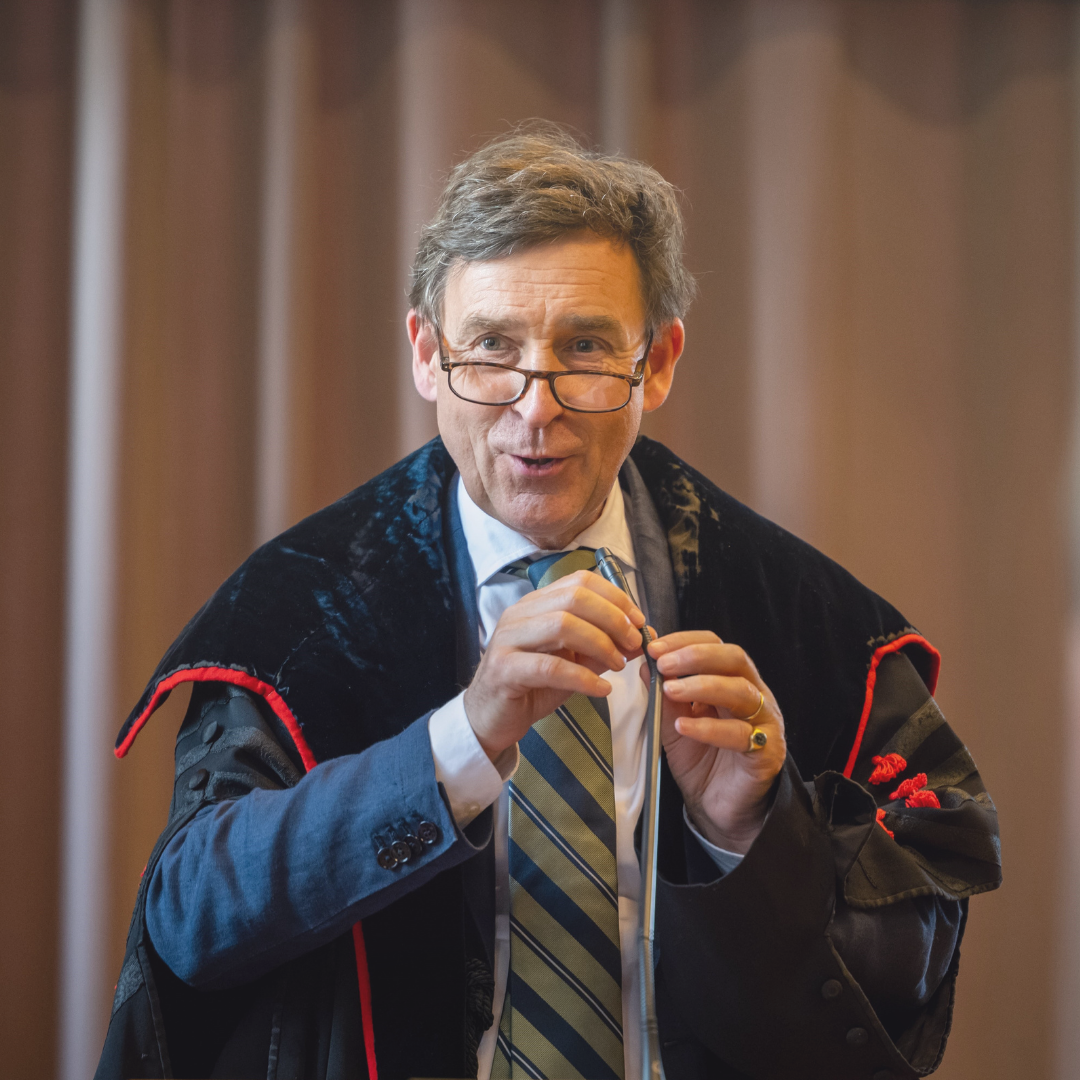
Matthias Storme retired in 2024 as full professor of commercial and insolvency law and comparative law at the KU Leuven, where he also taught notarial law and European private law and legal philosophy. He studied Greek-Latin humanities at the Jesuit Sint-Barbaracollege in Gent and both law and philosophy in Antwerpen, and obtained an M.A. in Philosophy from Yale University and a Ph.D. in law in Leuven. He is a member of the Bar in Gent (Storme, Leroy, Van Parys) after having practices law at the bar in Brussels and is or was board member of several governmental agencies and private socio-cultural associations.
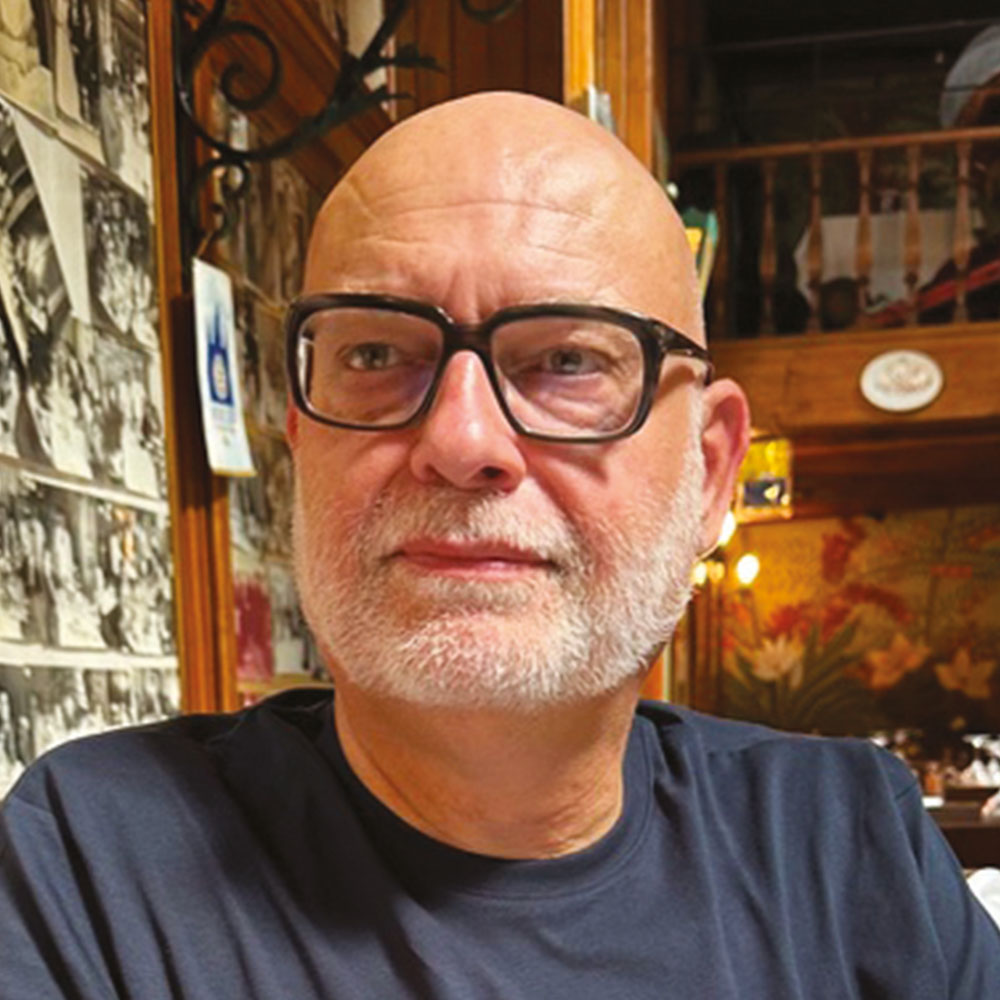
Willem Lemmens is professor of Modern Philosophy and Ethics at the University of Antwerp. In 1997 he obtained his PhD at the KULeuven with a thesis on the ethics of David Hume. His research focuses on the history of modern philosophy (Hume and Spinoza), the influence of Enlightenment thinking on contemporary ethics and political philosophy, the relationship between morality and religion and between law and ethics. From 2004 to 2018 he served on the Advisory Committee on Bioethics of Belgium. In the social debates on abortion, fertility medicine and euthanasia, he regularly calls for more reflection based on a concern for preserving a traditional vision of human dignity.
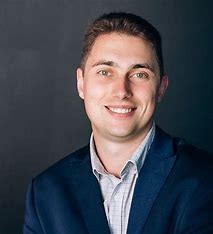
Dr. Viktor Poletko heads a department at a business consultancy, focusing on strategic development and organizational oversight. He also serves as a visiting professor in the Political Science Department and the Ethics-Politics-Economics (EPE) programme at the Ukrainian Catholic University (UCU).
Dr. Poletko holds a PhD in political theory from KU Leuven and has an academic background in economics, management, and philosophy. His teaching portfolio includes both introductory and specialized courses in social and political theory, as well as critical thinking within the core curriculum. Previously, he served as Research Director at the International Institute for Ethics and Contemporary Issues, leading initiatives that explored the intersections of ethical inquiry and contemporary societal challenges.

Dr. Brian Lapsa is a Classicist working in the history and philosophy of education. Having obtained his DPhil at Oxford, his doctoral dissertation was on virtues, vices, and moral exemplars in pagan and Christian authors of Late Antiquity. Lapsa has taught Philosophy (Leiden) and Latin and Greek (Oxford’s Faculty of Classics and Oriel College, respectively). He helped launch Oxford Latinitas and taught in the ‘active Latin’ programme at Jesus College in its pilot year. He is the published translator of several works of French philosophy, including by Rémi Brague, and serves as a part-time Research Fellow in Ancient History at the University of Latvia. At Memoria College he teaches Classics and Ancient History. As Director of UK & European Operations for Memoria Press, Lapsa consults schools and homeschooling families around Europe on the theory and practice of classical education. His writing has appeared in the Anglophone and Latvian media.
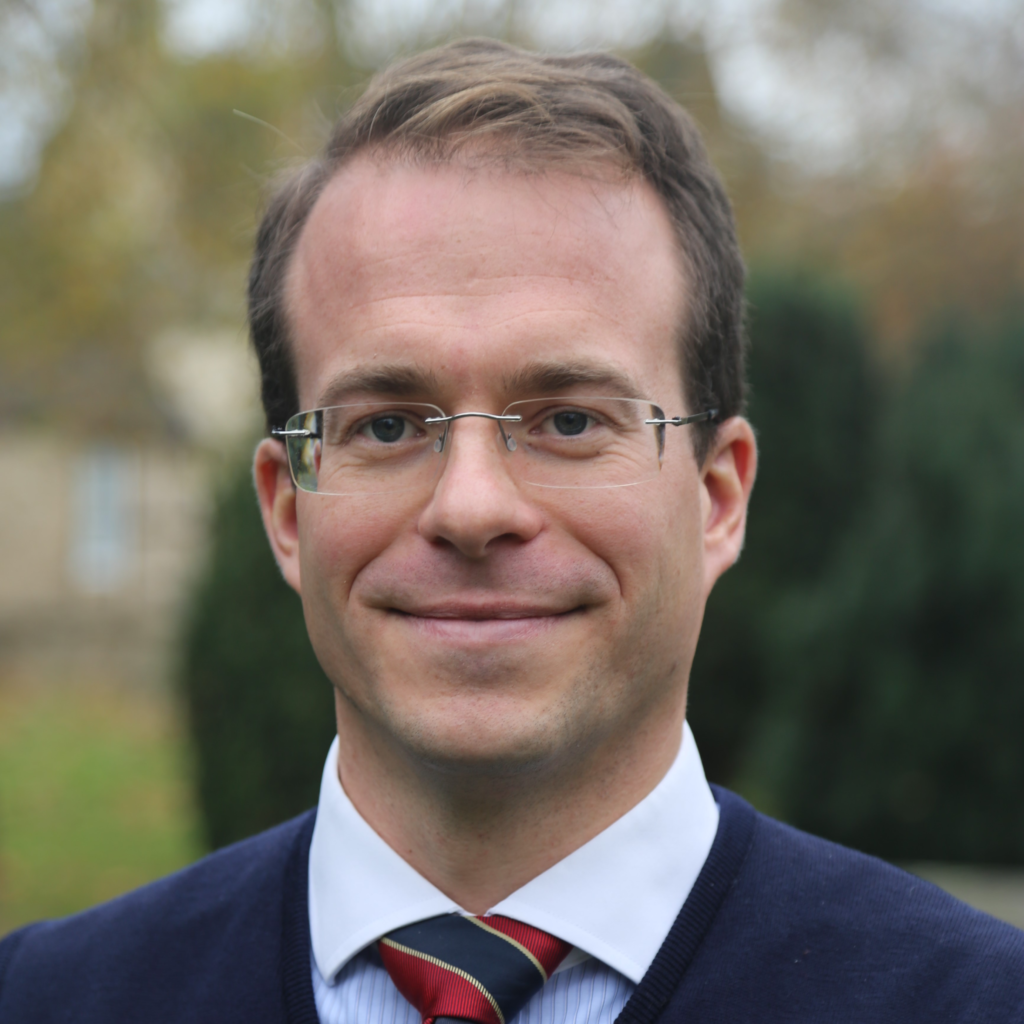
Jan Bentz teaches at Blackfriars College, University of Oxford; he holds a doctorate in Philosophy from the Roman Athenaeum Regina Apostolorum, a Masters in Sacred Art, Architecture, and Liturgy and a Masters in Church, Ecumenism, and Religious Studies. His fields of expertise include metaphysics, history of philosophy, medieval philosophy, Thomism, and philosophy of art. Previously, he taught philosophy of art (aesthetics) for The Catholic University of America, Rome Campus, history of medieval philosophy at Christendom College, Rome Campus, and apologetics for IES Study Abroad also in Rome. His journalistic career included the production of weekly TV coverage in German and English for EWTN Global; interviews and commentary for Catholic News Agency, Inside the Vatican; and for The Catholic Herald in English and Jüdische Rundschau in German. He has also worked as a freelance docent tour guide in Rome and the Vatican for over six years.
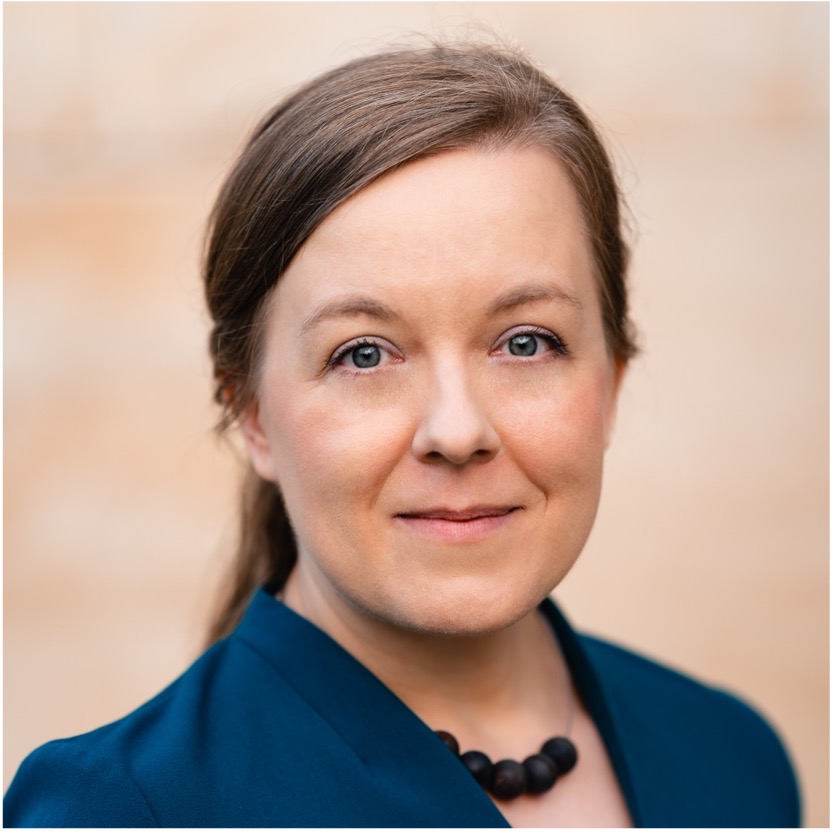
Monika Gabriela Bartoszewicz is an Associate Professor in Societal Security and Safety at UiT The Arctic University of Norway, where she leads the Risk, Crisis, and Societal Security research group. Her expertise lies in non-linear and cross-sectoral threats to security, particularly in the realms of political violence and securitized migration. Dr. Bartoszewicz earned her PhD from St Andrews University (UK), where her doctoral thesis investigated the potential terrorist threat from European converts to Islam. She has conducted interdisciplinary research across Scotland, England, The Netherlands, Denmark, Kosovo, and Poland, and has taught at universities in Poland, Scotland, Italy, and the Czech Republic. She is a European Commission Expert, Rapporteur & Evaluator of Horizon Europe projects, and an associate member of the Centre for Security Research in Edinburgh. Recently appointed as the Arctic Chair in Terrorism Studies, she publishes widely on security-related topics, contributing to knowledge depository on contemporary security challenges.
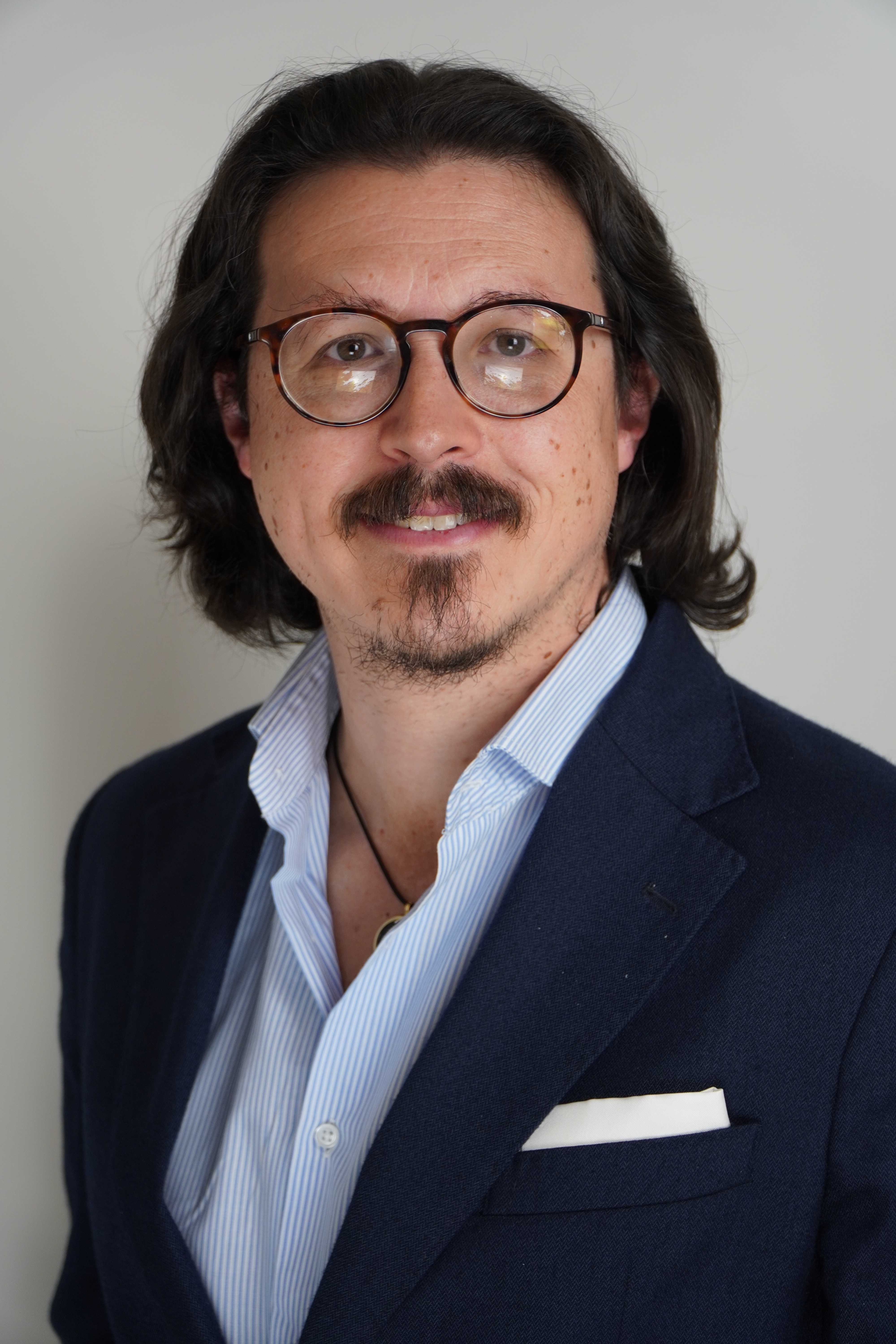
David Engels specialises in the fields of Greco-Roman antiquity, the philosophy of history, intercultural comparatism and modern conservatism. He was professor and chair for Roman History at the Université libre de Bruxelles and Senior Analyst at the
Instytut Zachodni in Poznań before working as lecturer at the Catholic University in Vendée (ICES) and Senior Research Fellow at MCC Brussels. He wrote or edited 28 books, authored more than two-hundred scholarly articles, over a thousand journalistic texts and writes chronicles for numerous European magazines and websites, including one cooking column.
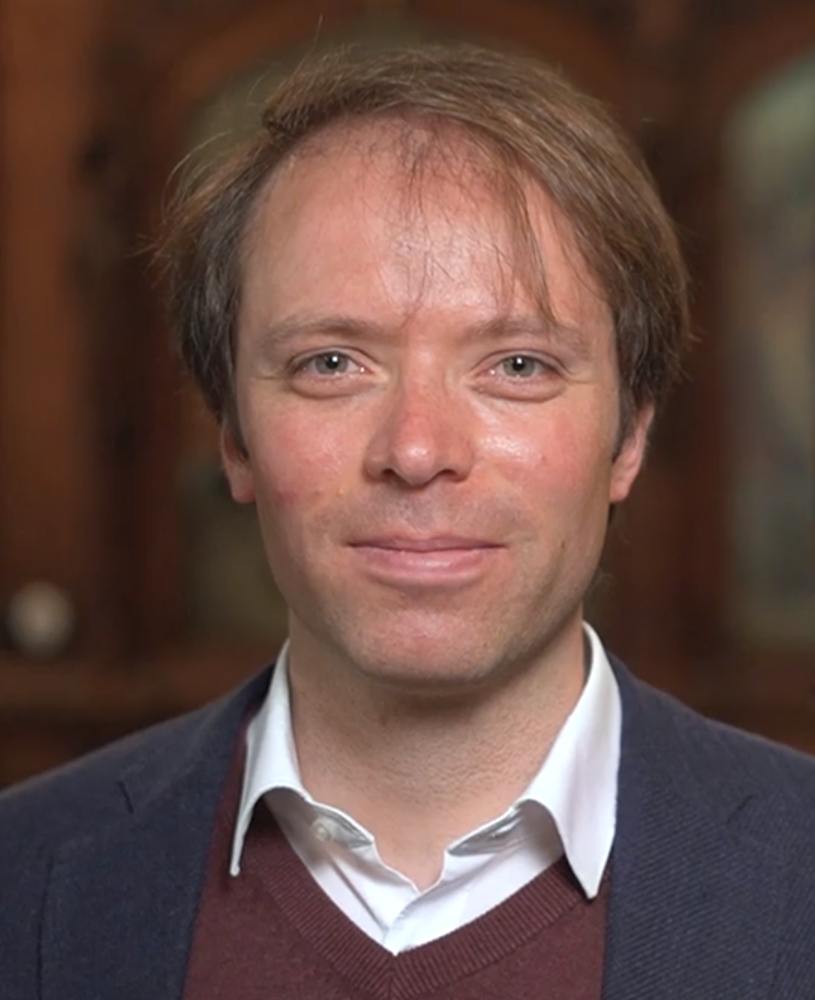
Michaël Bauwens obtained his PhD in 2018 from the KU Leuven Institute of Philosophy, with a dissertation on the metaphysics of institutions. Since 2019 he is a researcher at the Department of philosophy of the University of Antwerp, as well as a researcher at the ETF Leuven centre for historical theology and their Duns Scotus research group. He has published widely on philosophy of religion, the metaphysics of social reality, and the combination of both.

Göran Adamson is an Associate Professor in Sociology, with a PhD from the London School of Economics (2009). A political sociologist and media personality, he has published extensively on multiculturalism, political extremism, and the pivotal role of the university. He sees multiculturalism as a reactionary idea ironically pursued by confused left-wingers. He has published on the link between ethnic background and crime in Sweden, and everything he writes about goes back to the question: What makes a society function? – and what makes it crumble? Over the last 20 years, he has lived in numerous countries around the globe, such as Vietnam, Jordan, Ethiopia and Indonesia. He is a member of various international academic bodies, and has lectured, and attended conferences all over the world. Currently, he teaches at University of Europe in Berlin.
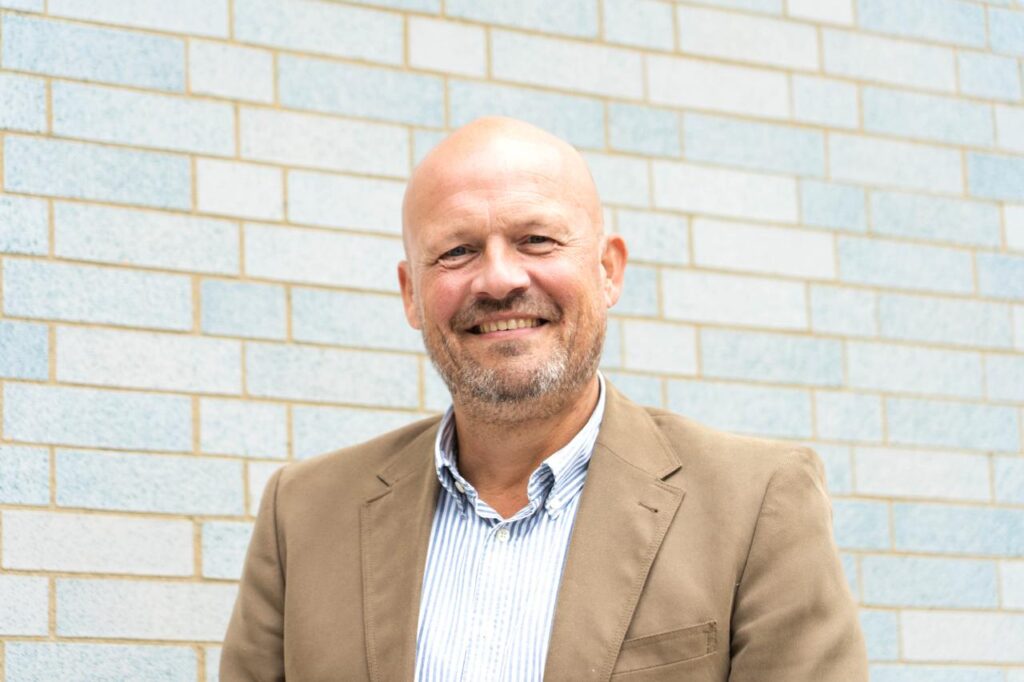
Frank Hartmann is Joseph M. Golemme Research Professor of Accounting at D’Amore McKim School of Business. Hartmann holds a PhD in Accounting (1997) and in Philosophy of Mind (2023). His research interests broadly concern the human and technological sides of accounting, with a special focus on the increasing role of AI in the accounting profession and society. Hartmann started his career in business and maintains strong relationships with the professional community as he does with intellectuals in spiritual and theological institutions. His empirical academic work in accounting includes studies on the role of the human brain and mind in financial decision making. His philosophical studies how the human mind is supported and extended by AI, focusing on the question how AI challenges or supports human accountability in decision making. Hartmann is a strong adapt of multi-disciplinary theoretical and empirical work and a strong defender of foundational academic training in today’s society. His work aspires to be multidisciplinary in terms of theoretical background and stakeholders addressed.

